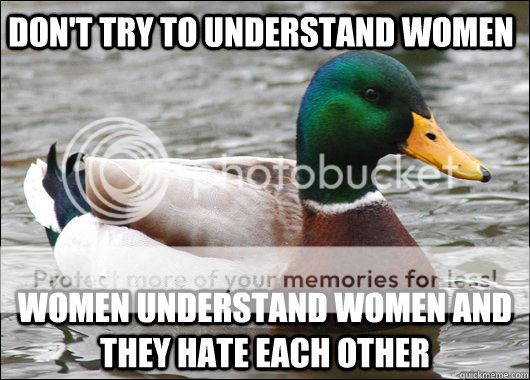I'm not going to go rebuy a textbook I've long since gotten rid of, but there was clear evidence that the pathways that connect the emotional side of the brain to the expression side of the brain were much more pronounced in females than males, making it much easier for them to communicate emotion naturally. As the two sexes grow older, they grow farther apart in that regard, which IS due to societal influences that affect the way in which the brain wires itself. Either way, if you really want the answer, do more research into the matter, I'm not going to do it for you, I was just relaying information I was taught in a class regarding the subject matter. Who knows, maybe it's outdated information from 4-5 years ago, haha.
EDIT: here's one of the first things google gave me. (Mind you, this isn't primarily a scientific site, but it does talk about exactly the same stuff that my textbook mentioned. If you want to further investigate from a scientic source, be my guest):
http://www.columbiaconsult.com/pubs/v52_fall07.html
Much more at the link provided.




